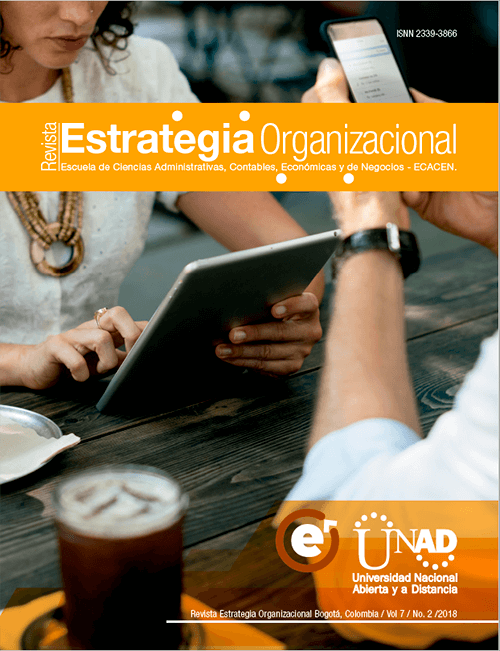COPYRIGHT AND OPEN ACCESS POLICY
Journal
The journal provides immediate open access to its content, based on the principle of giving the public free access to research and contributing to a greater global exchange of knowledge.
Therefore, it publishes under the Creative Commons 4.0 Attribution – Non-Commercial - Share-alike (BY-NC-SA) license: Commercial use of the original work or of possible derived works is not allowed, the distribution of which must be performed with a license equal to that which regulates the original work. To see more go to: http://creativecommons.org/licenses/by-nc-sa/4.0/
The journal allows self-archiving after publication with the version edited by the journal, both on personal websites and institutional repositories of the same area of knowledge, as long as the journal is directly cited and the URL leading to the article is given in the journal's Web space. The journal does not request any kind of forfeit of the managed content.
For all management, the Revista Estrategia Organizacional adheres to the COPE Code of Conduct for Journal Editors along with some COPE Best Practices Guidelines. The journal’s Code of Ethics can be found at:
http://selloeditorial.unad.edu.co/images/Documentos/OJS/ECACEN/C%C3%B3digo_de_%C3%A9tica.pdf
Author
The content of the article must be unpublished, it must not be in the process of evaluation by another institution, it must not have been distributed to third parties, there must be no legal or contractual limitation that prohibits the author from authorizing the use of their work in open access and in printed or digital form.
Obtaining reproduction rights for all graphical material (tables, figures, diagrams, photographs) is the responsibility of the authors. Therefore, they must send authorizations for the publication and use of this material.
Each author must sign the ‘Copyright Transfer Agreement’, transferring the rights to Universidad Nacional Abierta y A Distancia (UNAD) and the Revista Estrategia Organizacional.
The authors of the articles selected for publication must read and know the journal's code of ethics. In all cases, the Editor and Editorial Committee declare that the opinions expressed are the sole responsibility of the authors.
Preservation policy
Our journal preserves files through the servers of the UNAD newspaper library with the OJS platform. It has the PKP PLN tool that allows preserving the content of the journal regardless of where it is hosted. Thanks to the LOCKSS Private Network. The information can be expanded at: https://pkp.sfu.ca/2016/08/08/pkp-lockss-pln-update
Additionally, the journal has OAI-PMH interoperability protocols: Open Archives Initiative-Protocol for Metadata Harvesting. Details can be found at the following link: https://hemeroteca.unad.edu.co/index.php/revista-estrategica-organizacio/oai.
Factores asociados a la deserción académica en los programas de las escuelas de la universidad nacional abierta y a distancia – UNAD- CCAV Cartagena*
Teniendo como base teórica dos grandes marcos interpretativos, uno que enfatiza en agentes exteriores como situación socioeconómica, condiciones laborales, horas de dedicación al estudio y contexto familiar; y el otro que tiene en cuenta los agentes internos como problemas motivacionales, personales, desempeño, bajo rendimiento, mala conducta y edad, y se analizan factores individuales, familiares, relacionados con la institución educativa, y lo regional y contextual, encontrándose que el mayor peso lo tienen en su orden, lo económico, los métodos inadecuados de estudio, la adaptación al sistema, el tipo de trabajo en que se desempeña el estudiante y las bases inadecuadas de formación con la cual llegan.








